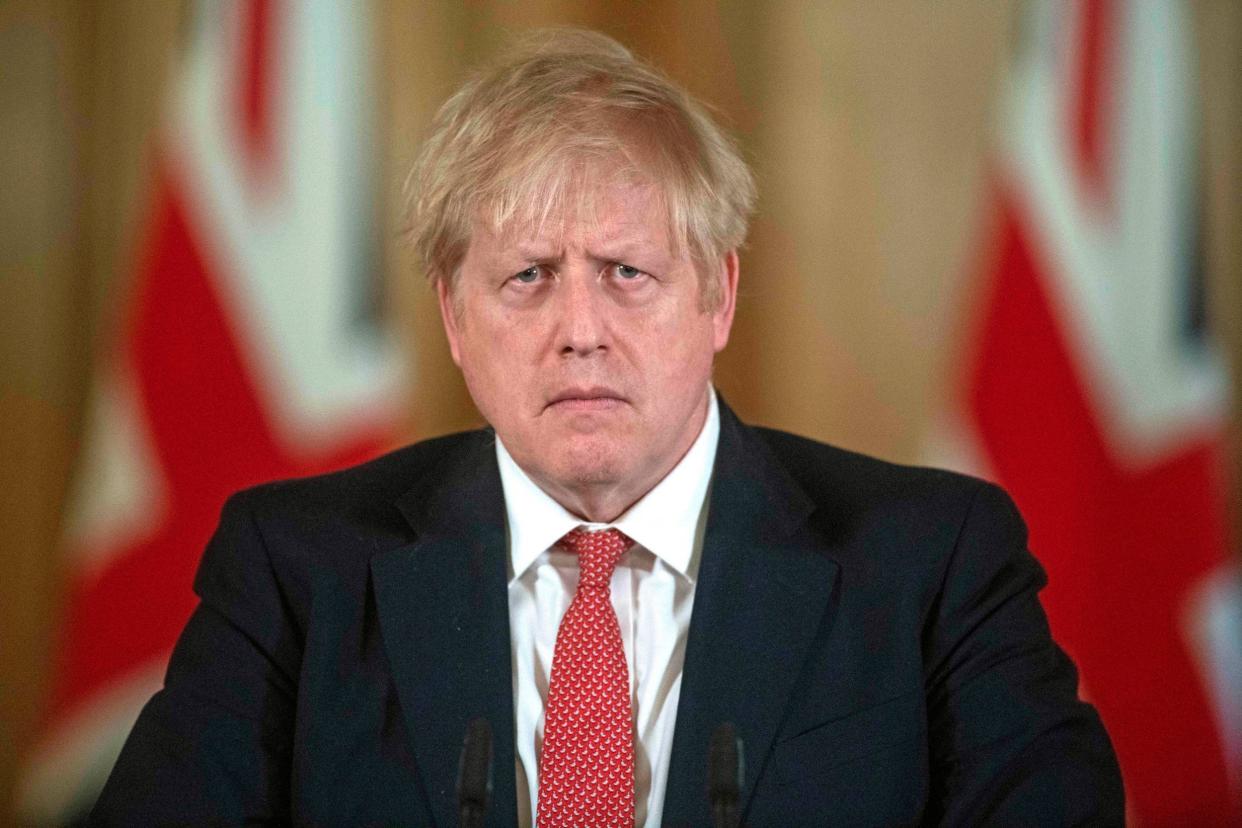It may seem like politics is kinder in a crisis but old tensions remain

Is the Covid-19 outbreak a political fever-dream transforming our views and votes? Yes, according to two rival camps, both of whom have convinced themselves that our present extreme circumstances are a failsafe guide to their kind of future.
On the Conservative side, proponents of the “Boris boost” school of thought reckon that their man rules with new authority as the public face of the crisis, with the opportunity to acquire gravitas and dilute a reputation for divisive tribalism.
The second, opposing, view is portrayed in a Guardian article by the paper’s former editor Alan Rusbridger. He neatly encapsulates a belief that a social democratic shift is taking place, in which our “connectedness” (with reference to the favoured institutions of the BBC and NHS) reasserts itself.
Both sides are suggesting that coronavirus changes the terms of political trade around major institutions. Camp Boris thinks the mantle of government authority will now cling to Johnson and his right to rule will be unchallenged. The opposing voice says we will feel more warmly about state-funded institutions and experts (this is always a Brexit argument in thin disguise), though on this occasion, it’s a moot point as to whether or which experts turn out to be right about the duration of the epidemic and the response.

Fundamentally, I am sceptical towards both sets of True Believers, because through the dark days of fear and confusion, politics continues — not entirely as it was, but not wholly suspended either. We can detect the durability of court politics in the way some ministers are drawn centre-stage while others languish. Michael Gove has shape-shifted from the Brexit Guy to communicator-in-chief now that the PM and Health Secretary Matt Hancock are hors de combat suffering from Covid-19. From self-isolation, Boris Johnson can bask in the knowledge that his approval ratings have risen by roughly seven per cent since the pandemic hit. However, this will wax and wane as the national mood shifts, perhaps unpredictably.
A relatively early release from the grip of the virus might let the Government off the hook over its failure to introduce earlier and more thorough virus testing — the glaring omission of the crisis.
A slippery account of why the UK failed to join an EU-wide ventilator procurement programme will serve as a “Britain first” success if the Government’s challenge to UK businesses to make more ventilators works out — but will look shabby and neglectful if it does not. Either way, the messaging is vintage “Vote Leave” Johnson — that Britain does not rely on institutional Europe. New crisis, same old song.
After the peak of the pandemic passes, policy tussles will resume on how to stabilise the economy
I think the revival of “utopian connectedness” could disaggregate pretty fast when the scourge passes, too. First, because the financial damage is going to be huge and will open up arguments about what the slow return to any form of economic normality should look like for the UK, let alone the fraying bonds of the eurozone.
If you are Jeremy Corbyn claiming that exceptional borrowing to save lives and livelihoods is a recipe for the New Normal, you might sign up for this. It would, however, be an unwise recipe for Sir Keir Starmer to follow, if he inherits the Labour crown this weekend and seeks a more credible position from which to rebuild his party.
For now, politicians benefit from being the purveyors of relief in the worst of times. When Chancellor Rishi Sunak announced his £330 billion bailout package, his positive ratings hit between 60 and 70 per cent — novel for a politician so new to the limelight that he is only just a household name in the Sunak household.
This cannot last. From the happy day that the peak of the epidemic passes, policy tussles will resume about how to stabilise a shattered economic base in earnest. So will the urgent task of protecting those who have suffered most, while embarking on the long haul back to prosperity.
So no, there will be no collectivist utopia on our doorstep, nor will there be a lasting halo effect for those who are in power. Competing priorities, unenviable trade-offs and the question of how best to build on scorched economic earth will be at the heart of the argument.
It’s politics — not quite as before, but politics all the same.
Anne McElvoy is Senior Editor at The Economist

 Yahoo News
Yahoo News 
